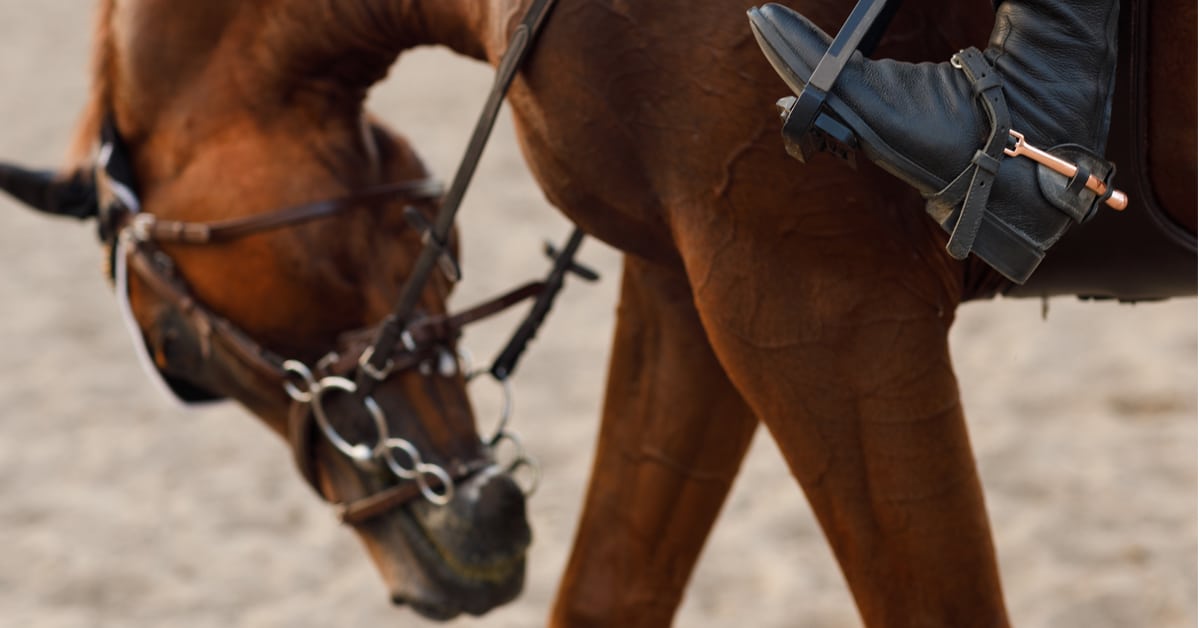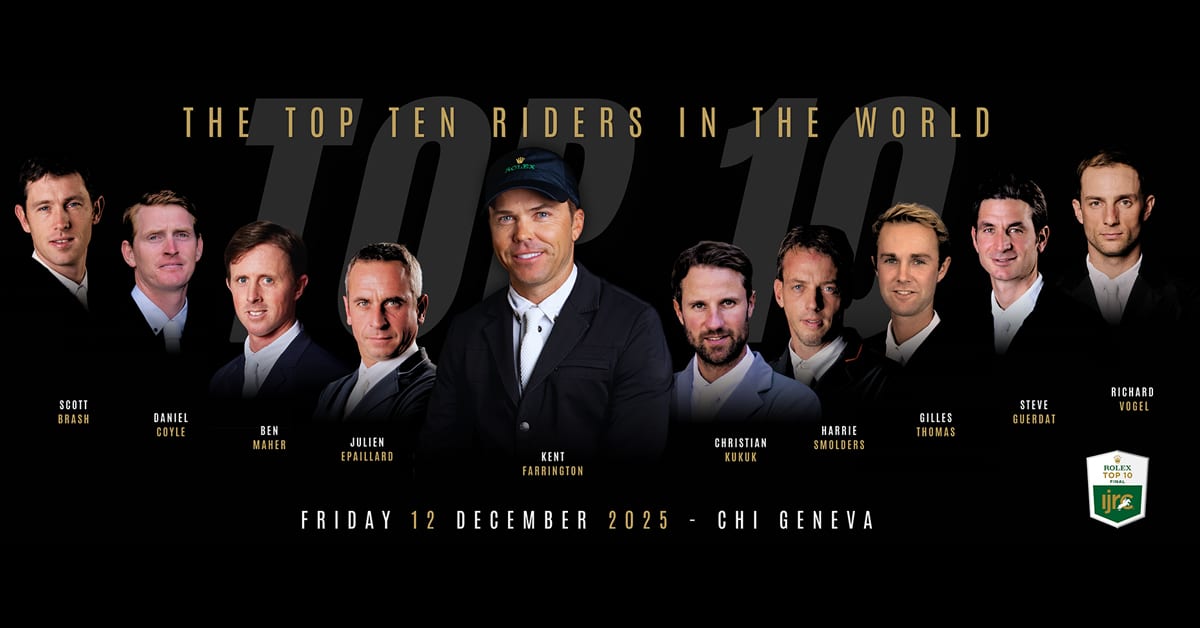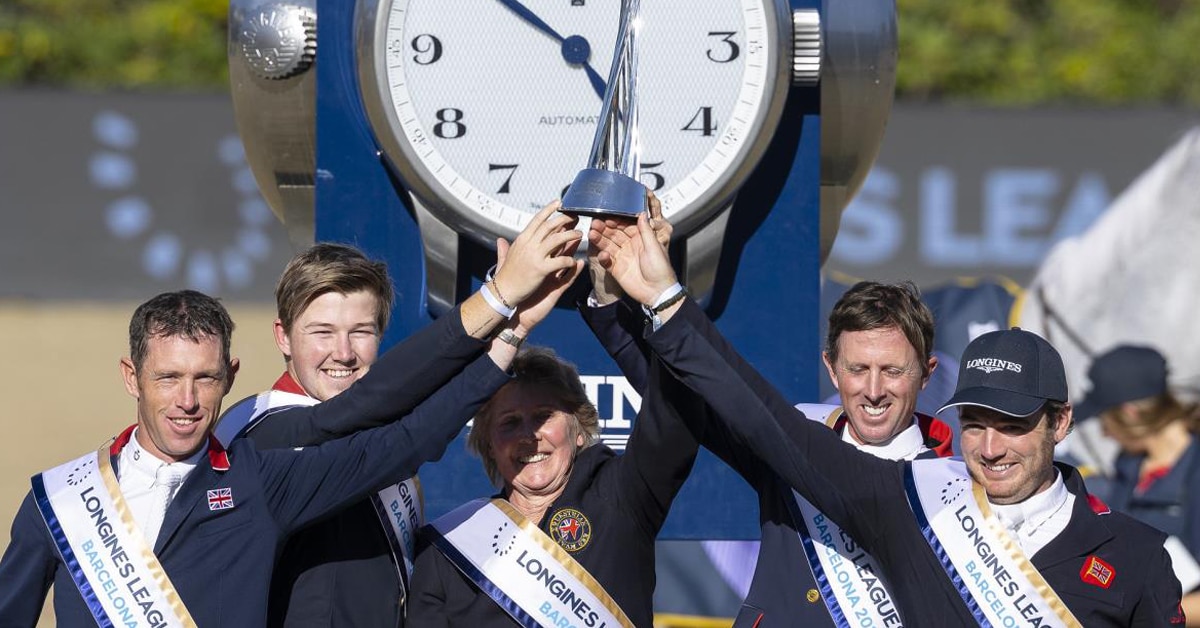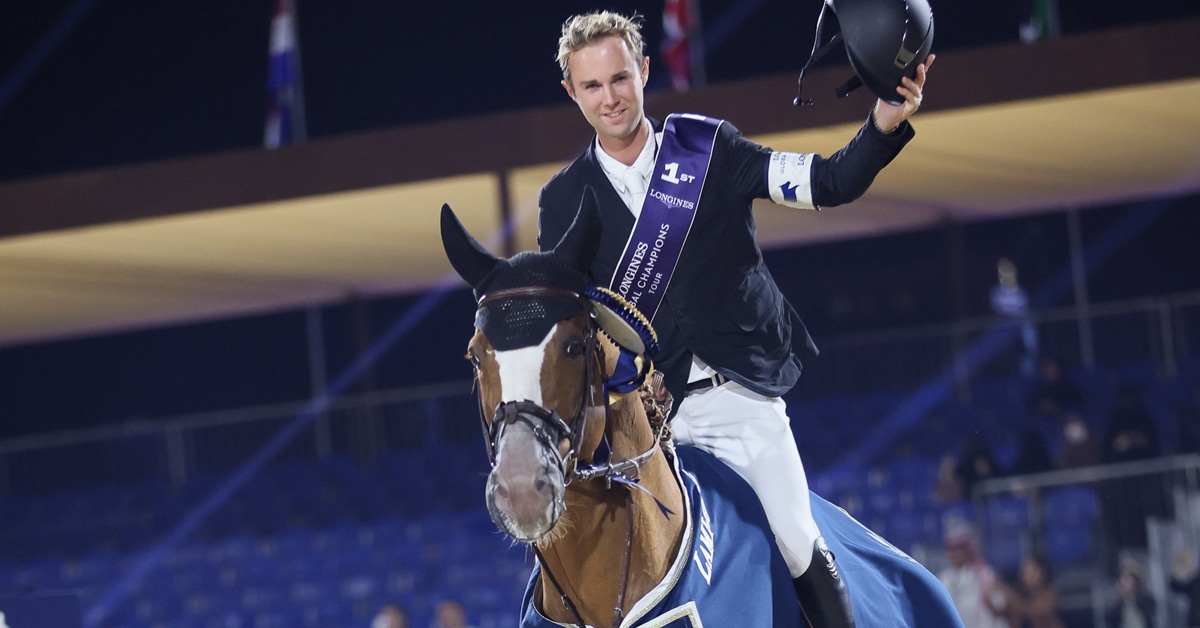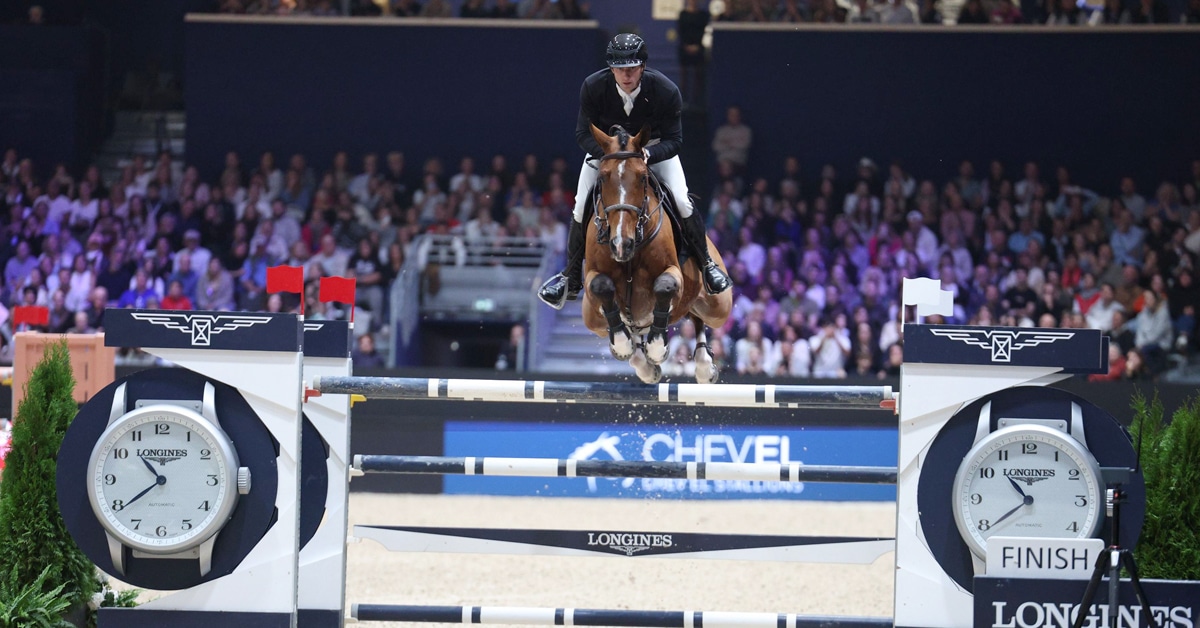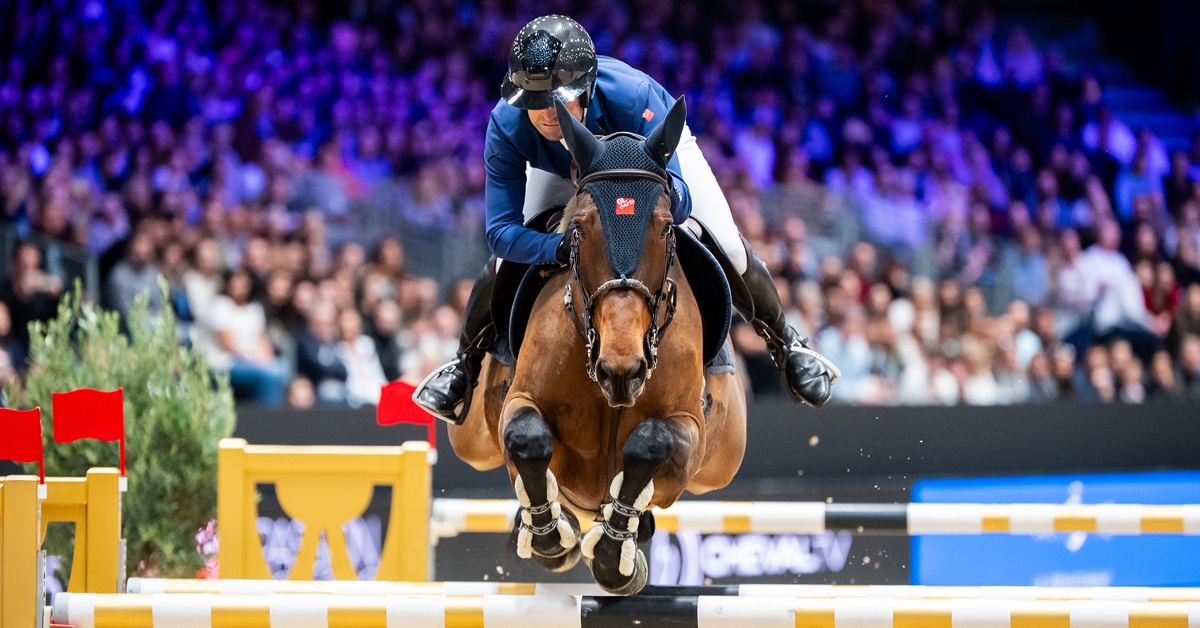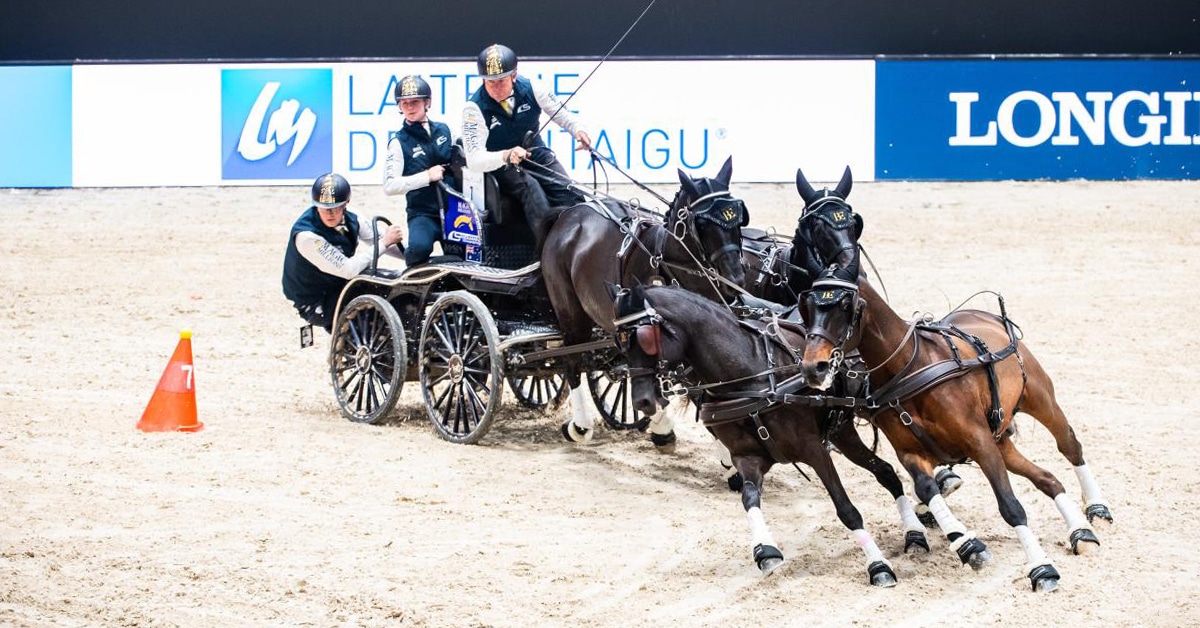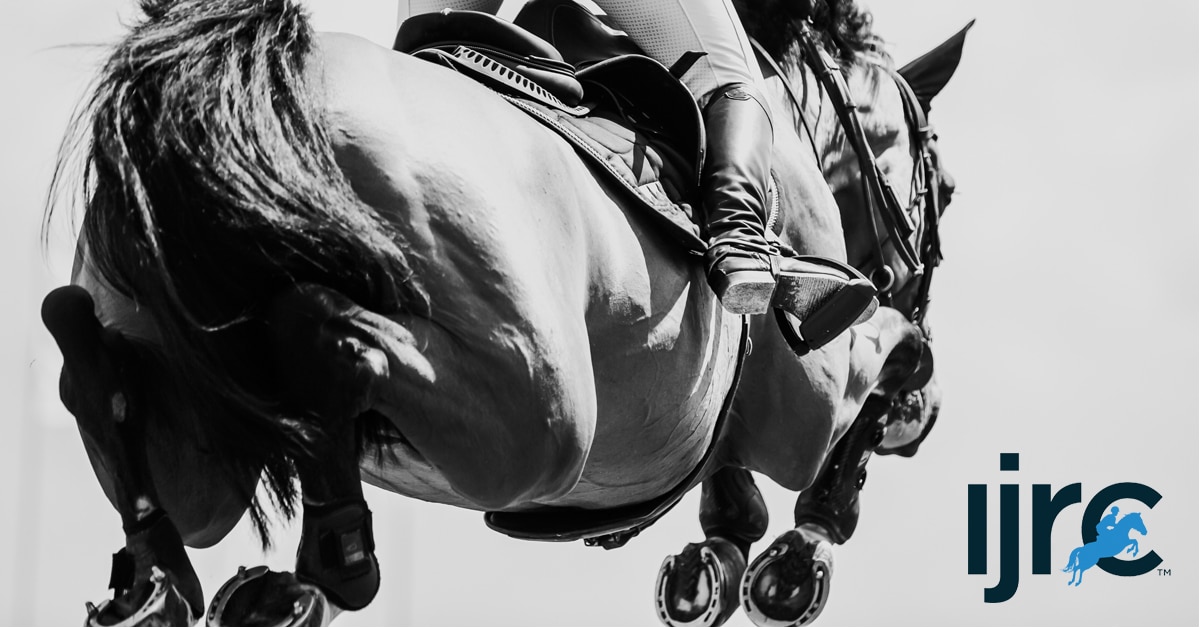The Equestrian Canada Annual Convention, set for April 7-9, 2017 in Vancouver, BC, is pleased to host world-renowned horse behaviour and training expert, Dr. Andrew McLean, PhD, BSc, DipEd, for theoretical education sessions, as well as an exciting live demo.
The Live Demo, taking place April 8 at Southlands Riding Club, will provide the opportunity to see Dr. McLean’s techniques first-hand and gain insight into his evidence-based and ethical approach to training our equine partners.
The Co-Director of Equitation Science International, Dr. McLean is in great demand as a trainer, coach and speaker, and has authored five books, including an international best-seller. An accredited coach for more than 30 years, his own riding achievements include winning the advanced section of the famous Gawler Three-Day Event. He has also been short-listed for the World Championships, and competed at Australian State and National competitions in eventing and dressage up to the FEI level and jumping up to grand prix.
Dr. McLean conducts demonstrations at universities and conferences around the world, and was instrumental in hosting the first annual International Equitation Science Symposium at the 2005 Australian Equine Behaviour Centre, and was named an Honourary Fellow of the International Society for Equitation Science (ISES) for his ongoing contributions to the field of equitation science.
EC recently had the chance to pick Dr. McLean’s brain about his background and the methods he will share during the EC Annual Convention. Keep reading to learn more about Dr. McLean and enjoy a sneak preview of some of the topics to be covered during the EC Annual Convention.
What first inspired you to train horses?
I was inspired by the excitement of learning the Jeffrey Method (a method of horse breaking that utilizes tactile contact), which I found hugely successful for me, and beneficial for the horses.
Does a horse’s individual personality affect how you train them?
Yes. Affective and arousal states and attachment are personality factors that affect training. For example, a sensitive horse dictates the way you would use operant conditioning, and the proportions of negative and positive reinforcement.
What do you believe are the most important starting strategies when training a horse?
A good foundation of in-hand responses sets in place the strong levels of security in the horse in the form of predictability and controllability, so that under-saddle work is far easier and safer.
What is the most common horse behavioural issue you encounter?
Behavioural problems that are associated with too much mouth pressure, such as tension, neophobia, shying and random, out-of-the-blue behaviours.
What is the best experience that you have had so far while training a horse?
One experience that stands out is re-training the dressage stallion, Tintagel Magic, who came to me as a ‘rearer.’ I trained him to FEI-level dressage and performed a Prix St. Georges test at Australia’s Equitana event using just a piece of string and no saddle or bridle. But, in my time, I have broken in and re-trained many horses, and every one gave me a huge amount of pleasure.
What is your advice for up-and-coming trainers to avoid negative behavioural issues?
Train the horse very clearly in-hand first. Establish a clear protocol of positive and negative reinforcement, and establish rein and leg responses under saddle to give perfect gait, tempo, stride length and lateral responses before training head carriage/frame – because the first enables the second, but the second does not enable the first.
How do you think science-based training methods have benefited the equestrian community?
Over the last 20 years, throughout the world, there has been an increasing ground-swell of good trainers and leisure riders beginning to listen to the science of training, and getting good results from it. Thousands of people have made a better connection with their horses.
Want to learn more about Dr. McLean’s methods? Register for the EC Annual Convention for your chance to learn first-hand from Dr. McLean and many other renowned speakers and presenters. For a list of 2017 EC Annual Convention highlights, and the full agenda, visit www.equestrian.ca/events-results/convention.
More News
